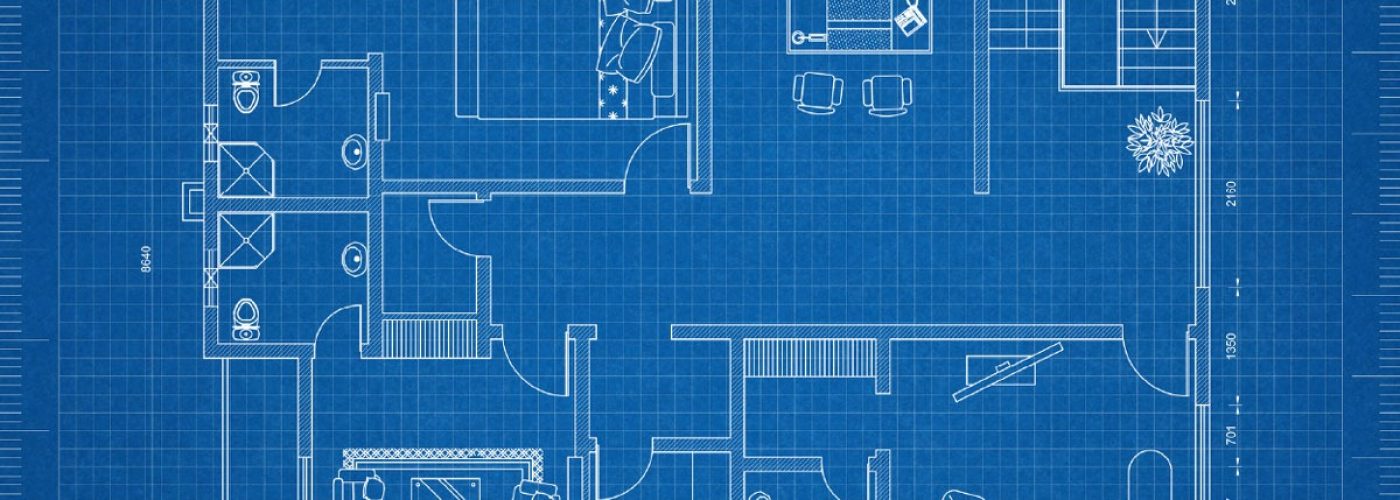Accuracy is paramount in construction and development. Achieving precision in measurements lays the foundation for successful projects, ensuring that designs align with reality. Measured building surveys are instrumental in providing detailed data on existing structures. However, the efficacy of such surveys hinges significantly on the proficiency of the measurement surveyors undertaking them. This article will present expert tips for selecting skilled measurement surveyors for these building surveys.
1. Assess Qualifications and Accreditation
The first step in choosing these experts is evaluating their qualifications and accreditation. Look for professionals with relevant degrees or certifications in surveying or related fields. Accreditation from recognised institutions indicates adherence to industry standards and best practices. Additionally, inquire about their experience, as this specialised skill set is essential for accurate data collection and interpretation.
2. Evaluate Technological Proficiency
Technological proficiency is a prerequisite for effective measurement surveys. Seek experts who utilise advanced tools and techniques like laser scanning and Building Information Modeling (BIM). These technologies enhance measurement accuracy and streamline the surveying process, saving time and resources.
3. Consider Industry Experience
Experience breeds expertise, particularly in the field of measurement surveys. When choosing professionals for such endeavours, give precedence to those with a documented history of achievements in analogous projects. Seasoned practitioners possess the understanding to tackle obstacles, foresee potential complications, and furnish exhaustive survey reports tailored to satisfy the requirements of clients and stakeholders.
4. Review Portfolio
A surveyor’s portfolio offers valuable insights into their capabilities and approach. Review past projects to gauge their scope, complexity, and quality. Pay attention to the level of detail in survey reports, the accuracy of measurements, and the ability to address client requirements. A diverse portfolio demonstrating proficiency across different structures indicates a well-rounded surveyor.
5. Seek Client References
Client references provide firsthand feedback on the performance and reliability of measurement surveyors. Reach out to past clients to inquire about their encounters collaborating with the surveyor. Inquire about the calibre of service provided, adherence to designated timelines, proficiency in communication, and overall contentment with the surveying proceedings. Favourable endorsements from contented clients are tangible evidence of the surveyor’s adeptness and professionalism.
6. Emphasize Communication and Collaboration
Effective communication is essential for successful surveys. Choose surveyors who prioritise clear and transparent communication throughout the project lifecycle. They should be responsive to client queries, provide regular updates on survey progress, and collaborate closely with other stakeholders involved in the project. Strong interpersonal skills foster collaboration and ensure the surveying process is smooth and efficient.
7. Consider Cost and Value
While cost is important in selecting measurement surveyors, it should not be the sole determining factor. Instead, focus on each surveyor’s value proposition. Consider factors such as the comprehensiveness of survey services, level of expertise, quality of deliverables, and potential long-term benefits for the project. A higher upfront investment in skilled surveyors may yield greater accuracy and efficiency, ultimately saving costs in the long run.
The selection of skilled surveyors is crucial for the success of measured building surveys. By following these expert tips, stakeholders can identify surveyors to deliver accurate and reliable data. Investing time and effort in selecting the right surveyor can significantly enhance the quality and outcome of construction and development projects.





